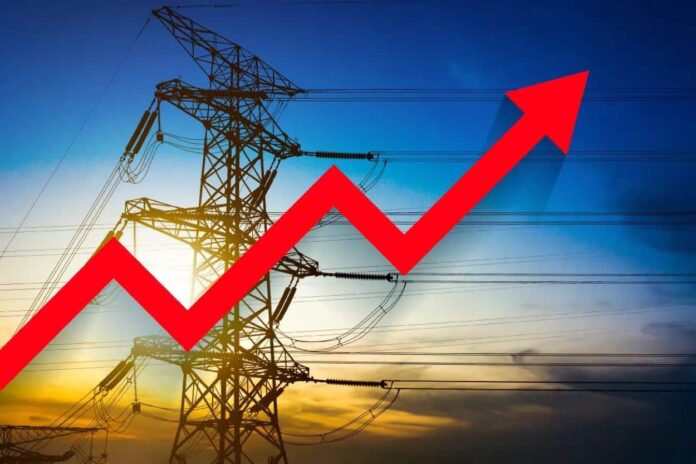The capacity repayments for Pakistan’s electricity sector have outstripped energy costs over the last five years, with capacity payments totaling Rs6 trillion compared to Rs5 trillion for energy costs from 2019-20 to 2023-24. With projected capacity repayments for the current fiscal year, this figure is expected to exceed Rs8 trillion by 2024-25.
According to a news report, capacity charges amounted to Rs6 trillion during the period from 2019/20 to 2023-24. The forecast for FY 2024-25 includes an additional Rs2.1 trillion, bringing the total to Rs8 trillion.
The consumer-end tariff comprises Energy Purchase Price (EPP), Capacity Purchase Price (CPP), Transmission and Distribution (T&D) losses, Distribution & Supplier Margin, and Prior Year Adjustment. In FY 2022, EPP constituted about 60% of the tariff, while CPP accounted for about 40%. By FY 2023, the percentages had equalized to approximately 50% each.
The contracts awarded to Independent Power Producers (IPPs) have faced criticism for their lack of transparency, with claims that they were given to selected companies under non-competitive terms.
Official data reveals the increasing burden of capacity repayments: Rs856 billion in 2019-20, Rs796 billion in 2020-21, Rs971 billion in 2021-22, Rs1,321 billion in 2022-23, and Rs2,112 billion in 2023-24.
In contrast, electricity charges amounted to Rs5 trillion over the same five years, highlighting a growing gap as capacity repayments peak.




